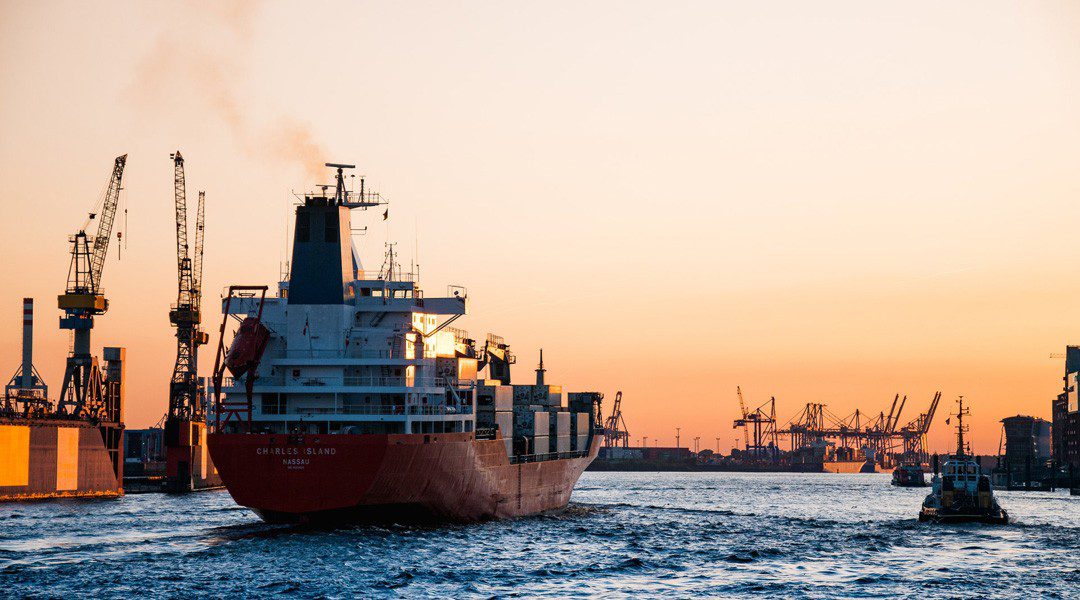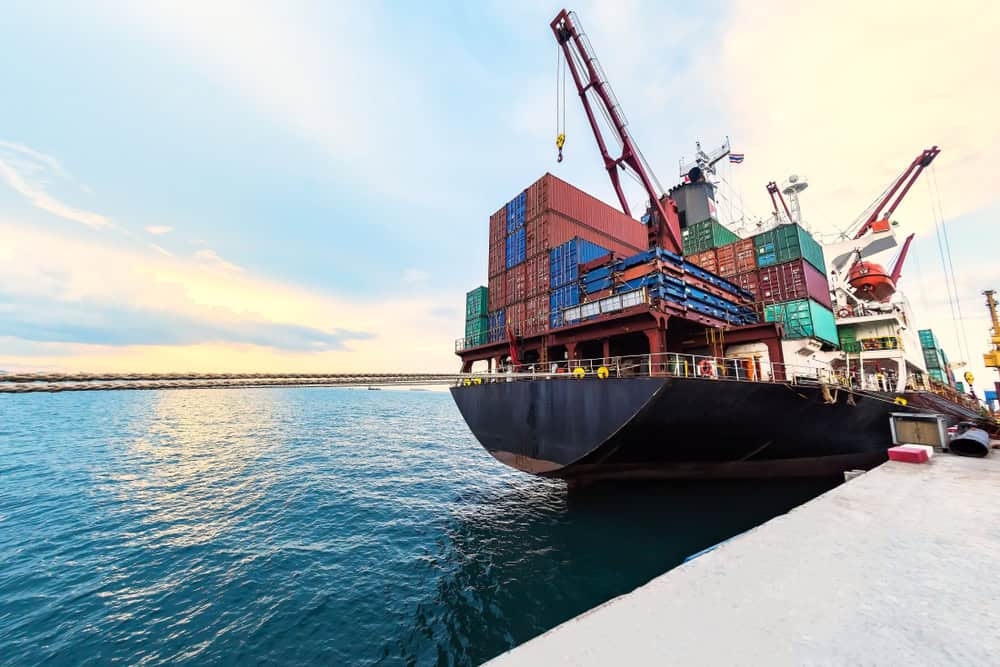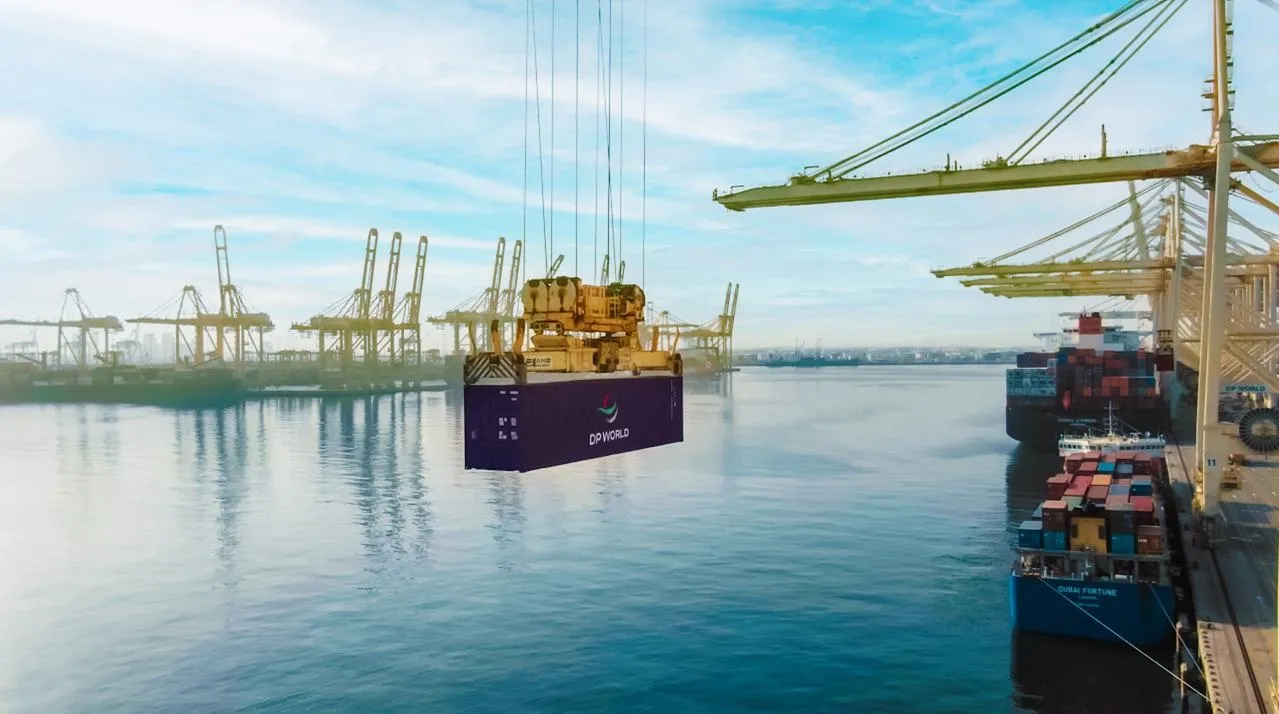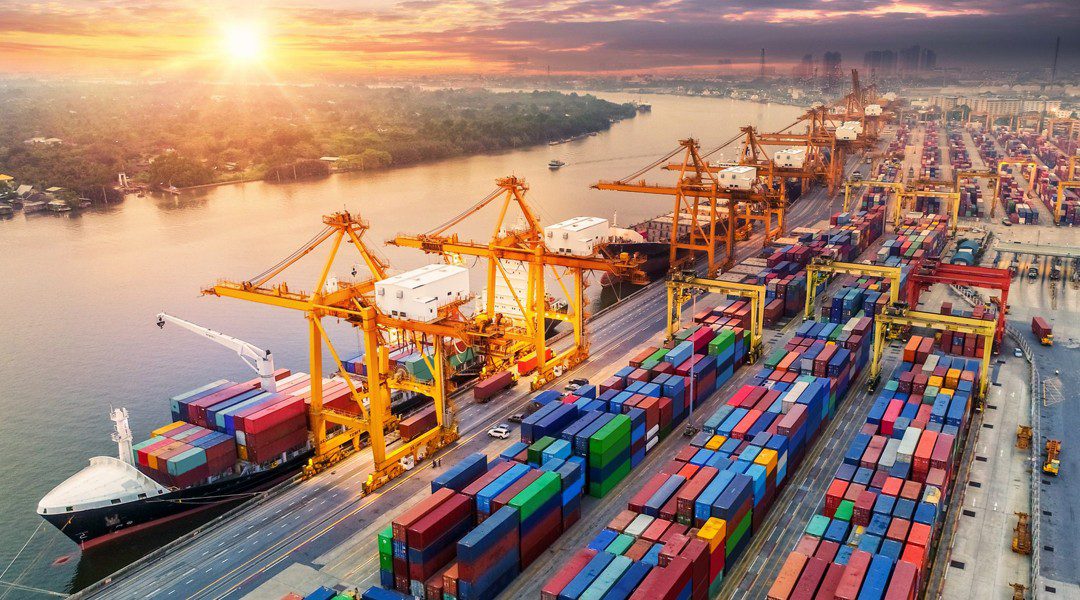If China’s newly announced port fees cover shipowners listed on US stock exchanges, the costs would be “extremely high and unfair” given the short adaptation period, warns prominent Greek shipowner Harry Vafias
Speaking to Riviera, Mr Vafias said the Chinese Ministry of Transport’s announcement leaves room for ambiguous interpretation. The statement specifies that the measures apply to vessels “owned or operated by enterprises in which US entities or individuals hold 25% or more of the equity.”
Sources monitoring the US stock market noted that if Americans hold 25% or more of a company’s shareholding or board seats, the firm could fall foul of the Chinese proposal.
“It is not clear whether this notice will eventually apply to US-listed shipping companies,” Mr Vafias explained. “We, as a group of companies, have three US-listed entities that are Greek, not American.” He added that the 25% ownership threshold is problematic, as tracing the ultimate origin of a fund or shareholder in a listed company can be difficult.
According to Mr Vafias, if the new fees are indeed imposed on US-listed owners, the financial burden could be enormous. “For a Supramax bulk carrier, a voyage in China could cost around US$1M, and for a Capesize, about US$3M,” he said.
“These ships will simply not travel to China – the charter contract would not make sense under these numbers,” he warned.
Mr Vafias criticised the “unfair” nature of the measures, noting the limited time before implementation (fees are set to begin on 14 October 2025). While aimed at US interests, he argued, the policy will indirectly affect Greek and other major international owners. “Greek owners, in particular, spend significant amounts annually on drydocking and repairs in China,” he noted.
“A private owner will have the advantage when calling at Chinese ports under this scheme,” he added.
Pressure leverage?
Commenting on the timing of Beijing’s move, Mr Vafias suggested it could be a form of political leverage, coming just weeks before a possible meeting between US President Donald Trump and Chinese President Xi Jinping.
Bloomberg has reported that “both sides are lining up bargaining chips ahead of a leaders’ meeting this month on the sidelines of the Asia-Pacific Economic Cooperation summit in South Korea.” Notably, both sides recently agreed to extend their tariff truce until November, another point of tension this year.
Asked whether a full confrontation is possible, Mr Vafias replied that under the current US administration, predicting outcomes is difficult. “All scenarios remain open, as geopolitics continue to shape the maritime industry’s dynamics and future,” he said.




